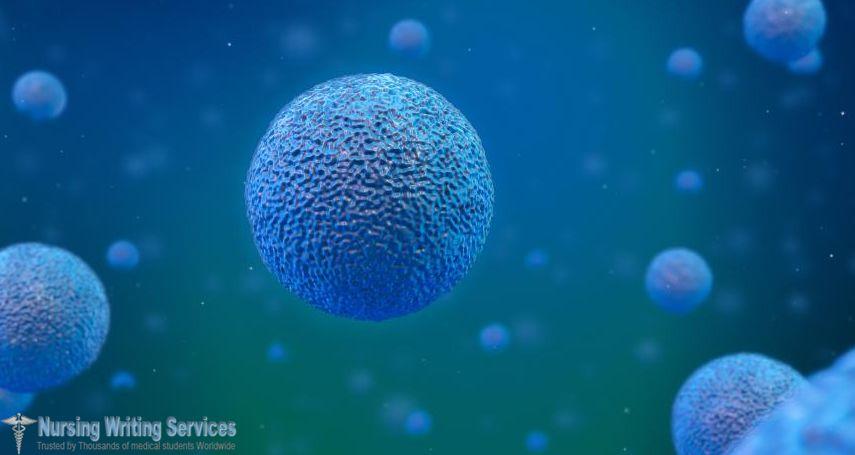
Do we need to continue embryonic stem cell research or will adult stem cells work just as well?
A stem cell is a type with a capacity to produce other cells that develop into any form. There is an ongoing debate questioning the need to continue with embryonic stem cell research or adult stem cells work just as well. Such a discussion should create an interest to understand the composure and capabilities of both. Embryonic stem cells are got from embryos thus generating a lot of ethical controversy and discussion.
Embryonic stem cells are unspecialized cells with the ability to:
- Differentiate into specialized cells with some specific functions
- Self –renew for long periods
Adult stem cells are those isolated from an adult tissue sample that contains stem cells including:
- Bone marrow
- Skin
- Blood vessels
- Brain
- Skeletal muscle
- Liver
Adult stem cells have been the most examined in humans and animal models. They do not court more controversy than embryonic cells but scientists question whether mature stem cells initially are from immature or another source of stem cells. Research has been going for many years as scientists attempt to determine whether embryonic and adult stem cells have similar capabilities. Studies consistently reveal new information and the hope is that therapeutic applications can develop from both sources.
ALSO READ:TOP NURSING ASSIGNMENT WRITING SERVICE
Reasons to Continue Embryonic Stem Cell Research
1.Potential for developmentEmbryonic stem cells are more versatile and flexible than the adult stem cells. Embryonic stemcells potential for differentiation is far more significant because they can develop to almost all types of cells in on a human body. The number of cell types that adult stem cells can grow into is limited. Their potential is lower than that of embryonic cells. Newer studies are suggesting that adult stem cells might have greater plasticity than what has been in the limelight. It means that they might have the capacity to differentiate to a greater range of specialized types of cells. It might be encouraging, but it appears embryonic stem cells still got an advantage to separate more than the adult stem cells.
2.MultiplicationEmbryonic stem cells proof to be more viable because they divide and reproduce more after placement in a culture. Adult cells inthe similar environment do not multiply this readily. The level of difficulty varies between the two types. Embryonic stem cells are simple to grow in a laboratory, but adult stem cells do not develop as easily after isolation from the mature adult tissues. Stem cell replacement therapies require a large number of cells and difficulty in growing adult cells limits their use for treatment.
3. Effects on the recipient's immune systemAdult stem cells have a distinct advantage for immune system because the process involves identifying, isolating, growing and transplanting patient’s cell. The immune system cannot reject cells because they already have compatibility with the person’s body. Embryonic stem cells carry a potential for rejection. A recipient should take strong immune-suppressing drugs that combat the rejection of new cells. It also puts patients at risk for microscopic diseases that might be present in transplanted cells and other conditions that might be present in a hospital environment.
4. A possibility of DNA mutationsAdult stem cells are more likely to gain abnormalities from DNA mutations that might occur due to various factors. Chances that'young' embryonic stem will carry mutations are lesser. Their young nature also enables them to regenerate quickly than the adult stem cells. 5.Ethics
Adult stem cells come from adult tissues with consent from the patients. They have minimal if any ethical dilemma because doctors inform patients about the procedure. Embryonic stem cells trigger enormous debate because the harvesters destruct an embryo is cell extraction. Embryo destruction has become part of abortion debate creating massive controversy between the politicians, religious leaders and public.
Recent evidence is showing that adult stem cellshave more potential than what people have been thinking means that scientists should continue researching about them alongside embryonic stem cells. It is possible that researchers might discover new ways of developing adult stem cells more successfully and improving their functioning after transplantation into a human body.

